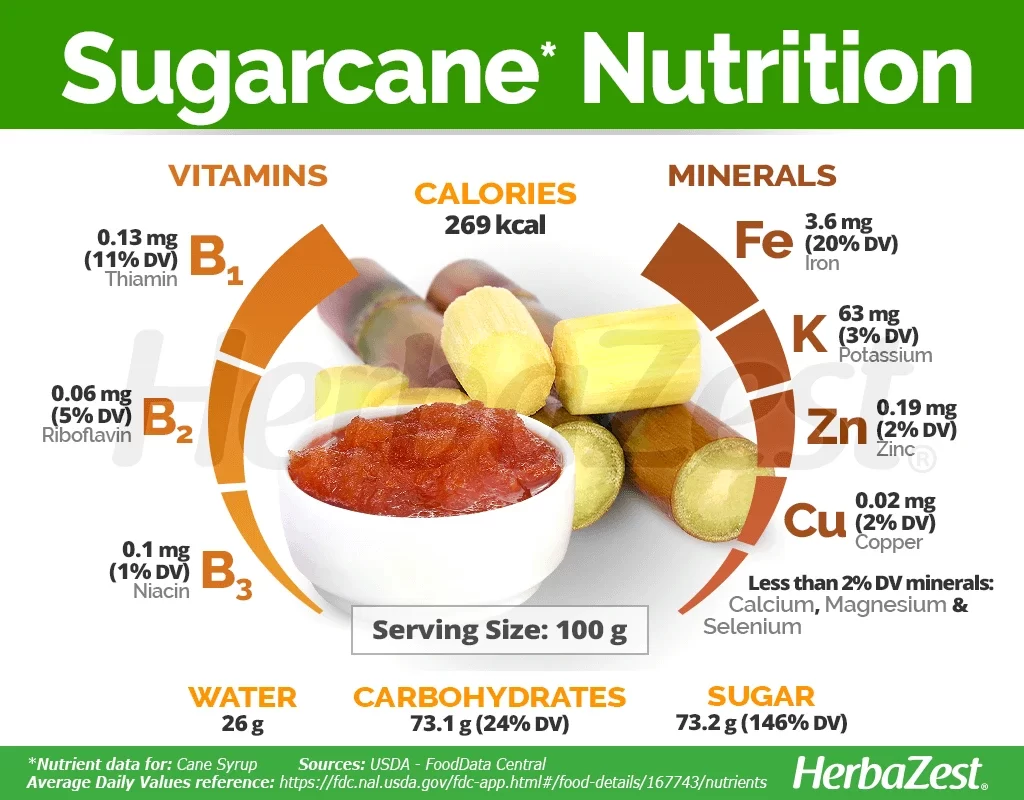Currently Empty: $0.00


Note that many products contain two or more artificial sweeteners — in fact, this is a very common strategy manufacturers use to minimize potential undesirable effects from any one given artificial sweetener (such as a bitter/unpleasant aftertaste) and enhance a product’s overall sweetness and performance on the market.
Truly — it can be VERY challenging to find products that don’t contain added sweeteners (or sugars)… especially if you are a busy parent.
Are artificial sweeteners bad for your health?
Concerns regarding artificial sweeteners began in the 1970s when studies showed a link between the artificial sweetener saccharin and bladder cancer in laboratory rats. But, according to the National Cancer Institute and other health agencies, there’s no firm scientific evidence that any artificial sweeteners approved for use in the United States cause cancer or any other serious health conditions. Several studies prove that artificial sweeteners are generally safe in limited quantities, even for pregnant women.
A particular study followed 9,000 people for 13 years and investigated their artificial sweetener consumption. The researchers determined there was no link between artificial sweeteners and the risk of developing cancer. Another more recent review of studies published over 11 years did not find an association between artificial sweetener consumption and cancer risk.
Artificial sweeteners are regulated by the Food and Drug Administration (FDA). The FDA limits the amount one should consume, called the acceptable daily intake (ADIs) for each sweetener. The ADI is the amount at which the FDA has deemed “reasonable certainty of no harm.”
The average adult doesn’t typically exceed the ADI for any artificial sweeteners listed. To put this in perspective, the artificial sweetener aspartame, used in most diet sodas, one 20-ounce bottle contains 333 mg of aspartame. A 175-pound person could safely consume 11 to 12 bottles per day (but of course, you probably shouldn’t!)



